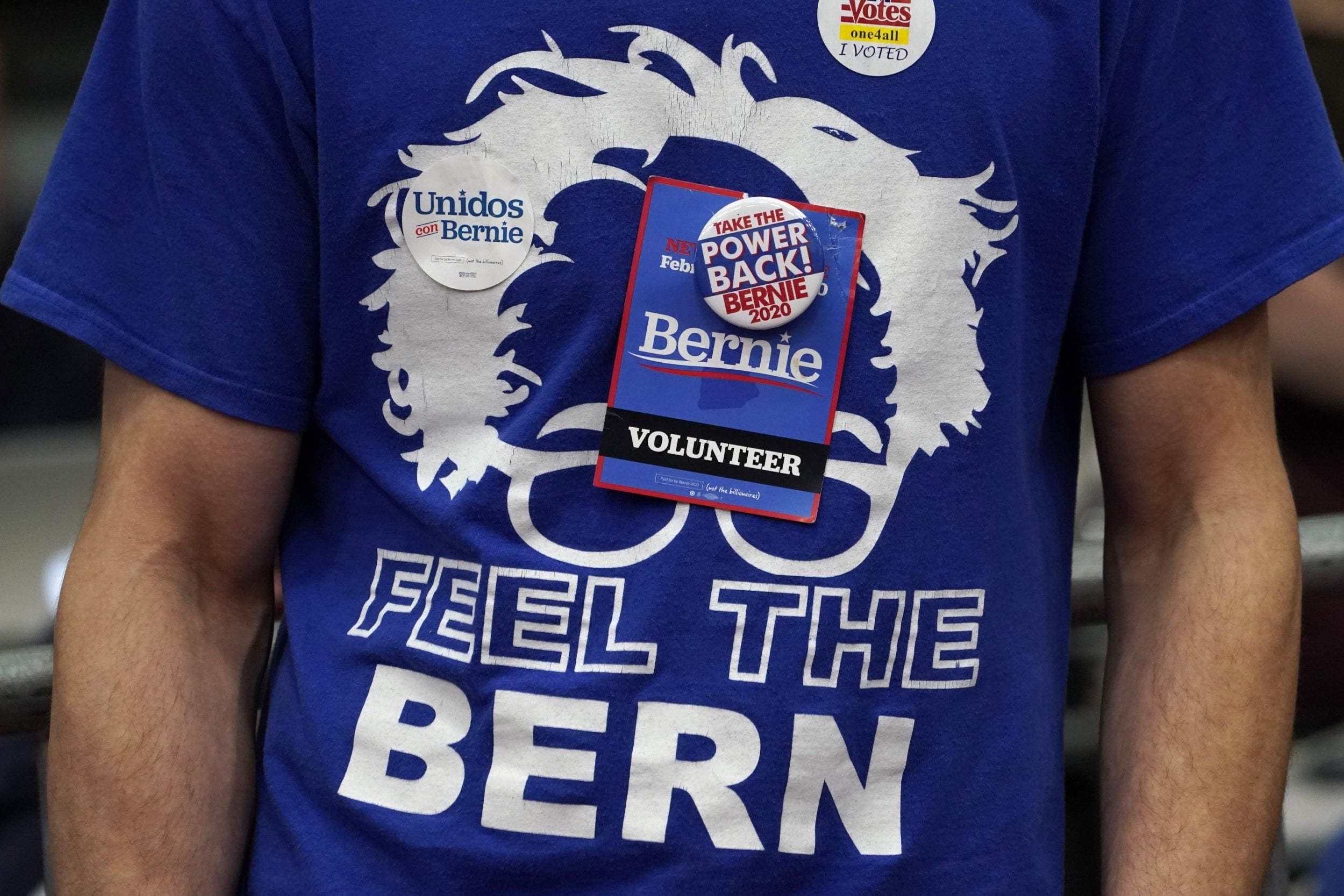Would Bernie Sanders really wreck the US economy if he became President?
Lloyd Blankfein, a registered Democrat supporter, tweeted that: 'Sanders is just as polarizing as Trump AND he’ll ruin our economy'

This week Bernie Sanders, fresh from his victory in the Democratic primary in New Hampshire, was attacked by a vampire squid.
Or rather he was attacked by the former boss of that Wall Street banking vampire squid (that’s how it was described by Rolling Stone magazine) known as Goldman Sachs.
Lloyd Blankfein, a registered Democrat supporter, tweeted that: “Sanders is just as polarizing as Trump AND he’ll ruin our economy.”
Sanders was unphased. “Let me see, a billionaire executive on Wall Street doesn’t like me,” he told CNN. “Hmm, I am shocked by that.”
But is Blankfein right? Would the Vermont senator ruin the US economy if he won the White House?
What are Sanders’ economic policies?
His website lists a host of objectives such as free-at-the-point-of-use healthcare for all, a jobs guarantee, a cancellation of student debts, a wealth tax on the richest 0.1 per cent and a major investment in public housing and green energy.
Wealth taxes? Free health care? A jobs guarantee? Isn’t that socialism?
Well, Sanders is perfectly happy to describe himself as a socialist.
But while policies such as free universal healthcare are seen as extreme in the US they are perfectly ordinary in Europe.
The higher tax and spending proposed by Sanders would also not be out of place on the other side of the Atlantic.
The economist Paul Krugman says Sanders is better described as a European-style social democrat rather than a socialist, not least because Sanders isn’t proposing to nationalise private industries.
OK, but would this ruin the American economy?
Given similar policies have not ruined European economies it’s hard to see why, prima facie, why they would prove so destructive in the US.
The French economist Thomas Piketty even argues Sanders’ policies could be beneficial to the US economy by raising the country’s growth rate, and says that his wealth distribution policies tap into an older tradition of American policymaking.
“Remember that the US is actually the country that invented progressive taxation of income and wealth in the 20th century,” Piketty points out.
Others have described Sanders as a “New Dealer”, referring to the progressive economic policies put in place by former Democratic President Franklin Roosevelt in the wake of the Great Depression of the 1930s.
So why are people describing Sanders as dangerous?
A cynic would say it’s because they don’t personally want to pay more tax.
But it may also be that the genuinely fear Sanders’ policies, even if they are in the mainstream of the European tradition, will do damage in the US context.
Or they may be assuming that Sanders, if he won power, would pursue policies that go much further than those he has proposed, with the 78-year-old proving more radical in office, perhaps like Hugo Chavez in Venezuela.
Against this, though, is the institutional fact that US presidents are constrained by Congress in what policies they can enact. Sanders might be in favour of relatively radical redistribution, but that’s not true of the wider Democratic party.
Even some of Sanders’ rivals for the Democratic nomination, such as Pete Buttigieg, are critical of his policies such as the $15 federal minimum wage.
That’s why many analysts – even those who support the principle of “medicare-for-all” – think there is little chance he could actually deliver it, even if he won power.
And while some financiers are sounding the alarm, others are more sanguine.
Another Wall Street Bank, JPMorgan, recently told its clients that, even if Sanders were elected, “we put the probability of major changes like medicare-for-all or a wealth tax at less than 5 percent.”
All of which raises a question: is the risk less that Sanders ruins the US economy than that he disappoints his supporters?
Join our commenting forum
Join thought-provoking conversations, follow other Independent readers and see their replies
Comments
Bookmark popover
Removed from bookmarks